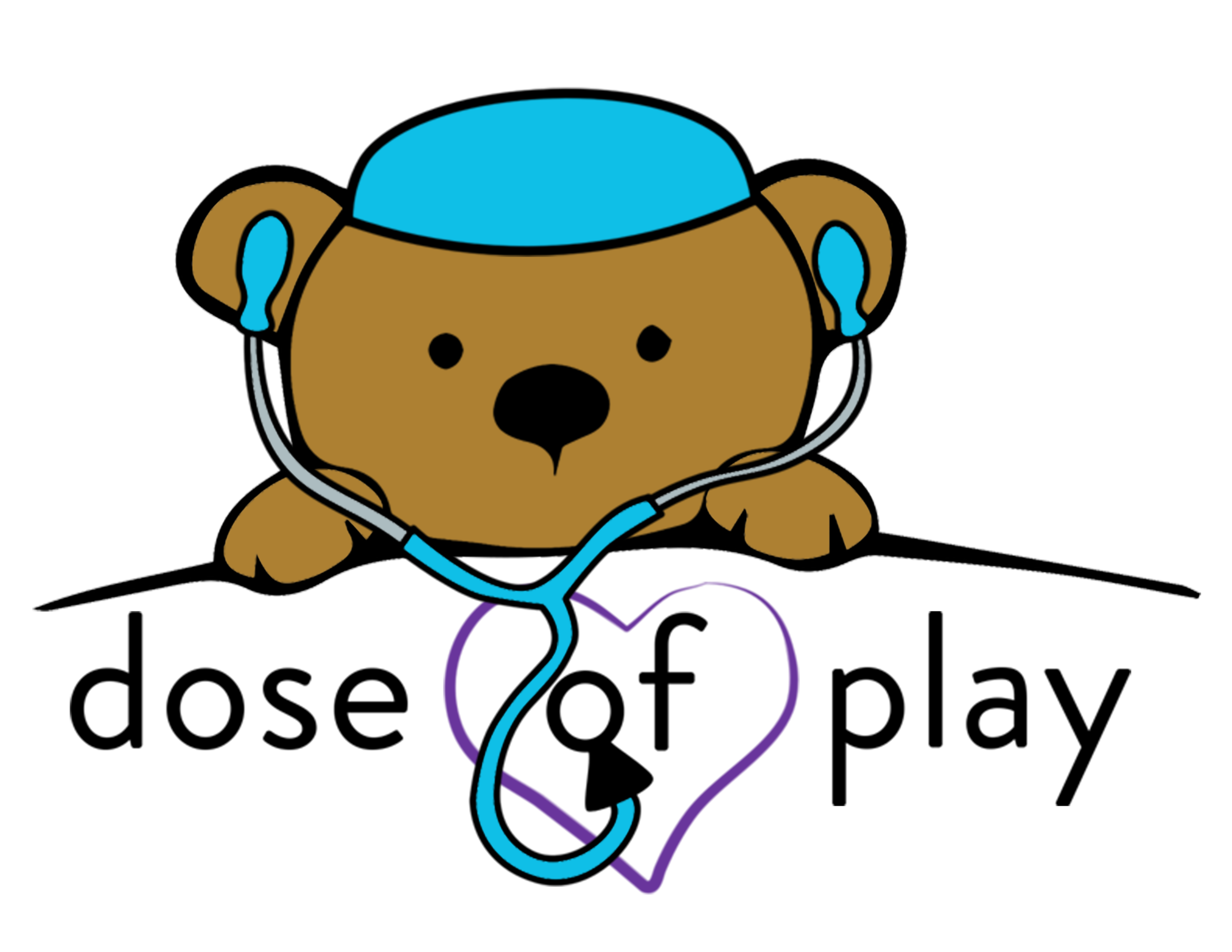Encouraging kindness and other positive behaviors (Book Review)
If there’s one thing that I’m learning over and over as a parent is that you’re not going to get everything right or with the outcome you want all the time. That would just be too easy! When this happens in my life, it often leads to putting too much pressure on myself, guilt and negative thoughts about myself as a mother.
One thing I try to be mindful of is the language I use with my young kids. I try to mostly use positive reinforcement, but it definitely is no easy task and I have absolutely not been able to do this 100% of the time (keeping it real!). I also have to accept that I cannot control what comes out of other well intended adults' mouths when it comes to language used when addressing her behaviors. In the end, what I do wish for is that my kids understand that they are not defined by negative behaviors. It's not a permanent label of who they are, but a temporary set of actions of what they have done.
Olivia practicing "bucket filling," pretending to watch the magic happen when you show kindness to someone else.
For the past couple of months, I’ve noticed my 3 year old will tearfully cry or plea that she is a “nice girl” or that she “wants to be a nice girl” when we point out her negative behaviors, try to redirect or when we we ultimately choose to withhold what we feel is a reward (e.g. TV show). The latter is typically on those "tough" parenting days - who can relate? When it does come to this, we try to have that consequence immediate as young children are still working on understanding concept of time. Sooner is better for it to be most effective. I can also appreciate that the concept of verbs/actions vs labels/permanency is a bit abstract for a preschool age child and is something that will be understood over time. I just don’t want my kids thinking that a moment of misconduct or even brief series of negative behaviors means that we are then not "nice people." We all have bad days and that certainly doesn’t end after the preschool years!
One book that is on point with the language I am drawn to in encouraging kindness and other positive behaviors is "Have You Filled a Bucket Today?" by Carol McCloud. When my daughter turned 3, I had been searching for more books to help teach positive behaviors and explore emotions and coping strategies. This book is a great fit for children four to 9 years old, but might be suitable for children as young as 3. My first thought was to hold off to show it to her, but I was encouraged when I learned her cousin grasped the concept early on. Both are little bookworms and my Olivia really caught on to the message right away. Since first published in 2006, the updated versions changed the language from "bucket filler" to "bucket filling" and "bucket dipper" and "bully" to "bucket dipping" and "bullying" to avoid labeling a person based upon a single action.
Olivia really took to this book. Long after we returned the borrowed back, she will still express "I want to be a bucket filler and try again" when she is acting unkind. It probably sounds like I'm talking in circles, but since she is three, I think it's fair to let the verbiage slide ;) And of course, whenever we see her do something positive on her own, like share a toy or say kind words to someone, we praise her and talk about how she is "filling their happy bucket."
If you're looking for a book to help teach kids about healthy and safe ways to handle anger, read about one of my favorite books for young children here. Another excellent book for young children about the importance of kindness and standing up for others who are being bullied is this one.
>> Sharing is Caring <<
Share link is down below on the left!







